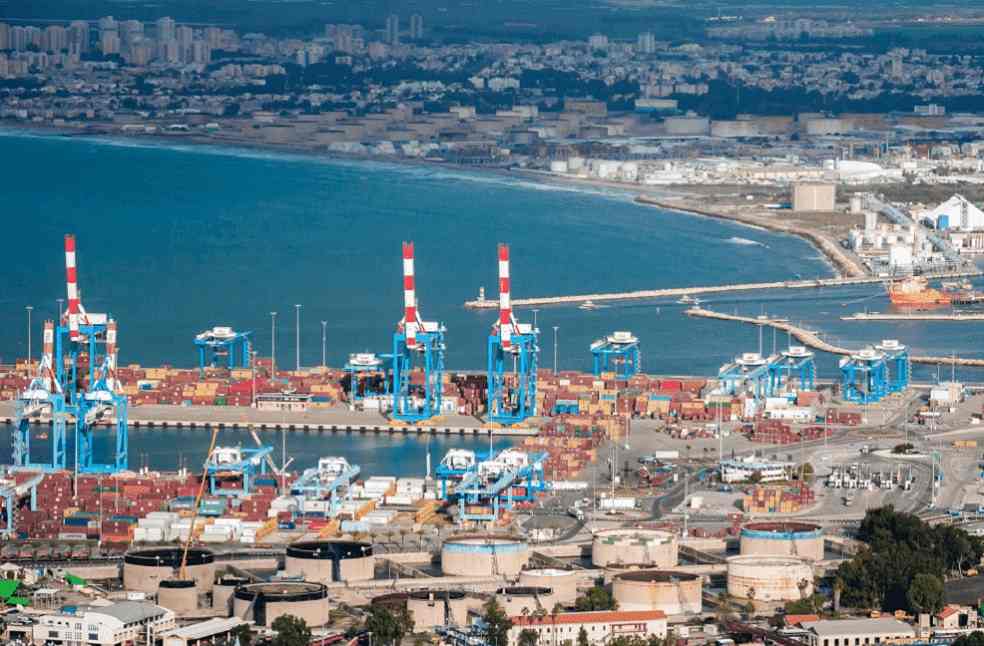Thailand’s Ministry of Commerce has announced 10 urgent policies to drive export growth and strengthen the country’s role in global trade, amid rising international competition and economic fluctuations. The initiative was led by Commerce Minister Phichai Naripthaphan during a high-level meeting at the ministry’s headquarters in Bangkok.
Attended by over 200 participants, including senior officials, Thai trade envoys, and representatives from major industry organizations, the session focused on coordinated efforts to enhance trade performance in the latter half of the year.
Representatives from the private sector, including Kriengkrai Thiennukul of the Federation of Thai Industries and Thanakorn Kasetsuwan of the Thai National Shippers’ Council, also took part. The meeting reinforced the importance of cross-sectoral collaboration in implementing government strategies.

Minister Phichai outlined ten policies designed to convert current challenges into trade opportunities. These include diversifying export markets, increasing global confidence in Thai products, leveraging free trade agreements (FTAs), and promoting the Thai SELECT certification to elevate Thai cuisine as a form of soft power in premium markets.
Key regional export targets include the United States, India, the Middle East, ASEAN countries, and China. Phichai also emphasized the urgency of negotiating tariffs with the U.S. and fast-tracking FTAs with the EU, UK, South Korea, Bhutan, ASEAN-Canada, and the European Free Trade Association.
Recent data show that Thai exports have grown consistently for 10 months, with an average growth of 12.5% under the current government led by Prime Minister Paetongtarn Shinawatra. Commerce officials believe this momentum can continue into 2025 if strategic policies are implemented effectively.

The ministry’s proactive stance received strong support from the private sector. Business leaders praised the ministry’s clear short, medium, and long-term strategies and welcomed enhanced coordination between provincial and international trade offices. Notably, cassava’s increased value in pharmaceutical production was highlighted as an example of how Thai agricultural exports can be optimized.
Minister Phichai expressed confidence in Thailand’s ability to expand trade frontiers, reduce over-reliance on key markets like the United States, which now accounts for 18.2% of exports, down from 40–50%, and position Thai exports more competitively on the global stage.
With new strategies in place and strong public-private collaboration, the Ministry of Commerce expects Thai exports to grow by at least 3% this year, further reinforcing the country’s resilience in a challenging global economy.
LEADERS SPOT | Jam Kamal Showcases Pakistan’s Pink Salt at Osaka Expo



